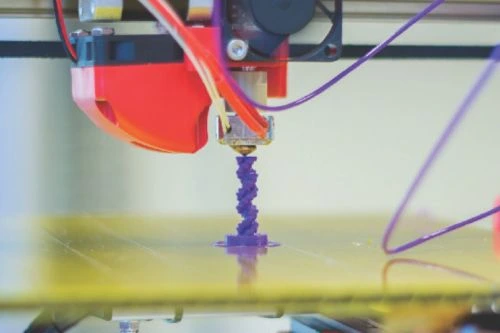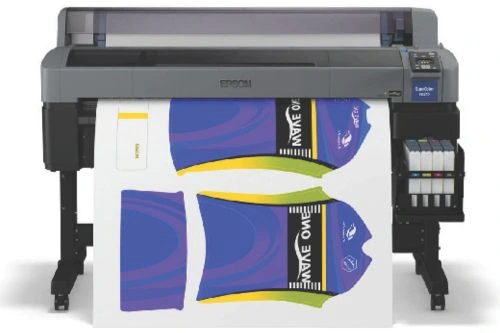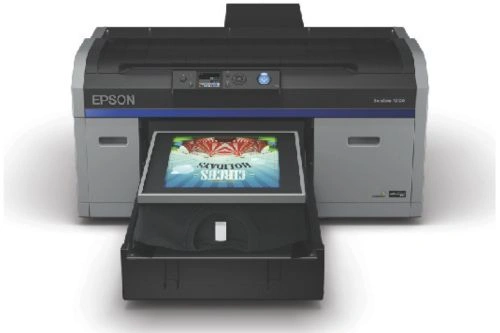Mastering Google Ads: Optimizing Your Pay-Per-Click Campaigns
In the dynamic realm of digital marketing, Google Ads stands out as a powerhouse for driving targeted traffic and boosting online visibility. Crafting successful Pay-Per-Click (PPC) campaigns requires more than just bidding on keywords. It demands a strategic approach, continuous refinement, and a deep understanding of your audience. In this guide, we’ll delve into the art of mastering Google Ads Optimization and provide insights on optimizing your PPC campaigns for maximum effectiveness.
Understanding the Foundations
1. Keyword Research: The Bedrock of PPC
Before launching a PPC campaign, thorough keyword research is paramount. Identify keywords relevant to your business, products, or services. Utilize tools like Google Keyword Planner to discover high-performing keywords and long-tail variations.
2. Crafting Compelling Ad Copy
Your ad copy is the first interaction users have with your brand. Create compelling, concise, relevant ad copy that resonates with your target audience. Highlight unique selling propositions and incorporate a clear call to action.
3. Leveraging Ad Extensions
Enhance the visibility and appeal of your ads by utilizing ad extensions. These additional snippets of information, such as site links, callouts, and structured snippets, provide more value to users and increase the likelihood of clicks.
Strategic Campaign Structure
1. Organizing Ad Groups Effectively
Structure your campaigns into well-organized ad groups. Group keywords that share a common theme to create highly targeted ads. This not only improves relevancy but also allows for better tracking and optimization.
2. Implementing Geo-Targeting
Refine your targeting by leveraging geographic targeting. Tailor your ads based on the location of your audience. This is especially crucial for businesses with a local or regional focus.
3. Ad Schedule Optimization
Understand times when your audience is most active and schedule your ads accordingly. Ad scheduling ensures that your budget is allocated during peak times, maximizing the impact of your campaign.
Maximizing Budget Efficiency
1. Bidding Strategies
Choose bidding strategies aligned with your campaign goals. Whether it’s maximizing clicks, conversions, or impression share, selecting the right bidding strategy is instrumental in optimizing your budget.
2. Continuous Monitoring and Adjustments
Regularly monitor the performance of your campaigns. Analyze key metrics such as click-through rate (CTR), conversion rate, and cost-per-click (CPC). Make data-driven adjustments to optimize your campaigns for better results.
Utilizing Data and Analytics
1. Conversion Tracking
Implement conversion tracking to measure the effectiveness of your campaigns. Understand which keywords and ads driving valuable actions on your website, allowing you to allocate a budget more efficiently.
2. A/B Testing for Continuous Improvement
Conduct A/B testing on different ad elements, including headlines, descriptions, and visuals. This iterative process helps identify the most effective components, leading to improved campaign performance over time.
Staying Ahead of Trends
1. Responsive Search Ads and Smart Bidding
Embrace responsive search ads that dynamically adjust to match search queries. Combine this with Google’s Smart Bidding features that utilize machine learning for automated bid adjustments, ensuring your ads are competitive.
2. Adapting to New Features
Stay informed about new features and updates within the Google Ads platform. Features like audience targeting options and ad formats evolve, providing opportunities to stay ahead of competitors.
Conclusion
Mastering Google Ads is an ongoing journey that requires a strategic mindset, data-driven decision-making, and adaptability to industry trends. By understanding the nuances of PPC campaigns and implementing optimization strategies, you can unlock the full potential of Google Ads as a pivotal component of your digital marketing arsenal.
Thank you for reading us at www.madmonkey.media
Visit us at our Instagram Page @madmonkeymediallc
Phone: +1 (800) 858-1639
Email: [email protected]












0 Comments